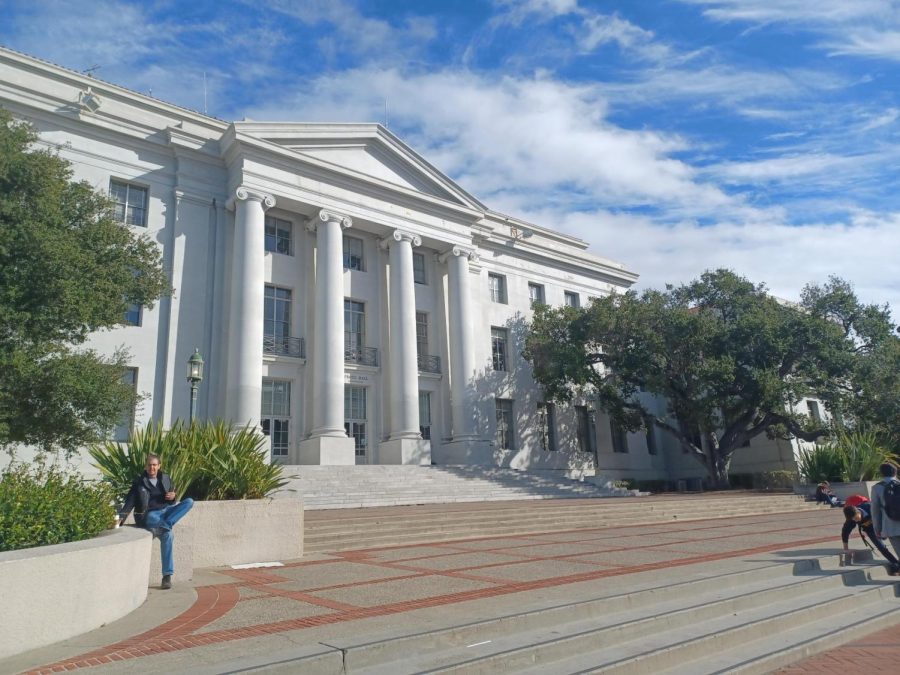Affirmative action has recently fallen under reevaluation as the United States Supreme Court began to hear a case that will determine the future of the inclusion of race as a factor in college admissions.
The case in question emerged after the founder of Students for Fair Admissions (SFFA) sued Harvard University and the University of North Carolina at Chapel Hill (UNC), claiming that the schools discriminated against some applicants, specifically in favoring Black, Hispanic, and Native students over their Asian and white counterparts.
SFFA argues that this use of affirmative action violates the Constitution as a clause under the 14th Amendment guarantees that no person in the U.S. should experience discrimination due to their race.
With a significant shift to a conservative majority in recent years, some expect the Supreme Court to ultimately rule against affirmative action, contrary to its past rulings.
Affirmative action has been a controversial topic in American institutions ever since the nation first put the idea forward to make up for past mistreatment of minorities.
Palo Alto councilmember and Carlmont AP Government and Microeconomics teacher Greer Stone says that affirmative action has been an effective way to equal the playing field in areas like employment and education for groups who have historically been wronged.
“I think most people today are aware of systemic inequities, institutional bias, and racism,” Stone said. “Affirmative action provides a necessary tool for both universities as well as businesses to try to be able to address that.”
Most arguments in favor of using affirmative action emphasize that promoting diversity improves school communities.
“Generally speaking, we have good diversity here in the Bay Area. I think we take for granted what that means, and I think being around other people who look different than you, sound different than you, worship different than you, and love differently than you is an added benefit for society,” Stone said. “It’s clear that societies and organizations that are more diverse are more tolerant, more accepting, and open to different ideas that challenge their own. And it’s an important thing, especially in a democracy, that we can have those relations with each other.”
For some, however, attempting to achieve more diversity does not present a sufficient reason for the use of affirmative action.
“It’s good to have diversity in schools because you get people from different racial backgrounds and cultures, but I don’t think you can really use that to justify affirmative action as it is being applied now,” said Nina Abbot*, a Carlmont junior who wishes to remain anonymous. “Let’s say a really smart white person is being considered against a person of color who doesn’t have as high grades. Then if you choose the person of color just for that diversity point, I feel like that’s very unfair.”
Similarly, Mallika Agrawal, a senior, feels that affirmative action has the “right idea,” but schools have not executed it correctly.
“I am worried about the impact of affirmative action on me,” Agrawal said. “As an Asian female, I know that the college admission process will be pretty tough for me. I just have to trust in the process and hope I end up wherever is right for me. I think diversity is important for schools, but I don’t think it’s right for any group of people to have it harder than some other in the college admissions process.”
With the current situation, it is hard to say what the outcome of the case will be, especially considering how the recent decision on Dobbs v. Jackson demonstrated the conservative-leaning Supreme Court’s willingness to overturn past rulings, taking bold steps on divisive issues.
Stone believes the Supreme Court might either rule that race can no longer be a factor in college admissions or it may merely limit how schools can use that demographic.
“But either way, if you’re supportive of affirmative action, I think you’re going to be disappointed,” Stone said.
Throughout several hours of oral arguments, the justices questioned the educational benefit of diversity and pointed out discrimination against certain applicants, especially Asian American students.
In response to Ryan Park, the North Carolina Solicitor General defending the UNC admissions program, several conservative justices inquired about the lack of clarity concerning how a school would determine that it has attained diversity to the point that affirmative action would be unnecessary.
“I don’t see how you can say that the program will ever end,” said Chief Justice John Roberts. “Your position is that race matters because it’s necessary for diversity, which is necessary for the sort of education you want. It’s not going to stop mattering at some particular point; you’re always going to have to look at race because you say race matters to give us the necessary diversity.”
According to Stone, the justices’ decision will affect not only the use of affirmative action in college admissions but in several other areas as well.
“It is going to have ripple effects across all institutions in the United States, including corporations and businesses, not just universities,” Stone said.
The case will not impact current seniors because the Supreme Court will likely not publish its final opinion before June. However, it potentially will impact most students currently in lower grades when they apply to colleges in the future.
“That’s something I’ve been telling all my AP seniors who are in their college application process right now – whether they think the decision will hurt or help them, it won’t make much of a difference for them,” Stone said.
*This name was kept anonymous to protect the identity of the student in accordance with Carlmont Media’s anonymous sourcing policy.












